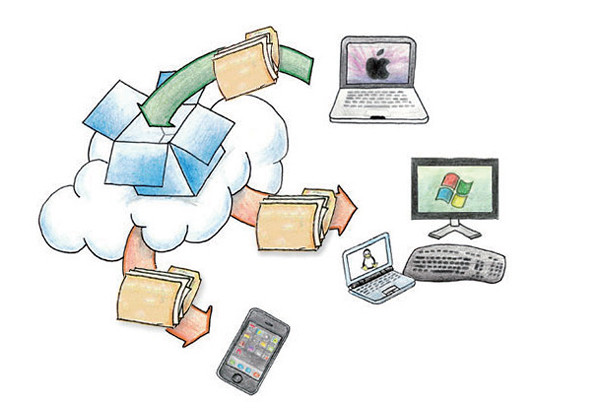 I'm sure that many of you have read the news about an apparent attack, and subsequent account breach at Dropbox this past week. There have been conflicting reports flying around, but Dropbox's own blog points out what appears to be the truth... Dropbox wasn't hacked.
I'm sure that many of you have read the news about an apparent attack, and subsequent account breach at Dropbox this past week. There have been conflicting reports flying around, but Dropbox's own blog points out what appears to be the truth... Dropbox wasn't hacked.The story is that apparently the attackers got user IDs and passwords from attacks on other applications. They then tried these same credentials on a number of internet sites, including Dropbox. You can read the Dropbox blog post here.
This is a typical attack scenario, as I've discussed before. Among the value of stealing a password file from a site or organization is that people unfortunately reuse their IDs and passwords on other sites. This is because it's difficult to remember all those passwords! I won't go into that issue because I've covered it plenty of times in the past.
In this case, like many others, the attackers simply try the IDs and passwords on other sites. It's almost guaranteed that they will get some logins that work. That is apparently what happened here.
So... Dropbox wasn't hacked... this time! Of course, there have been a number of successful breaches of Dropbox in the past!
More on that in a moment, but I want to make a quick editorial comment on the use of the term "hacked".